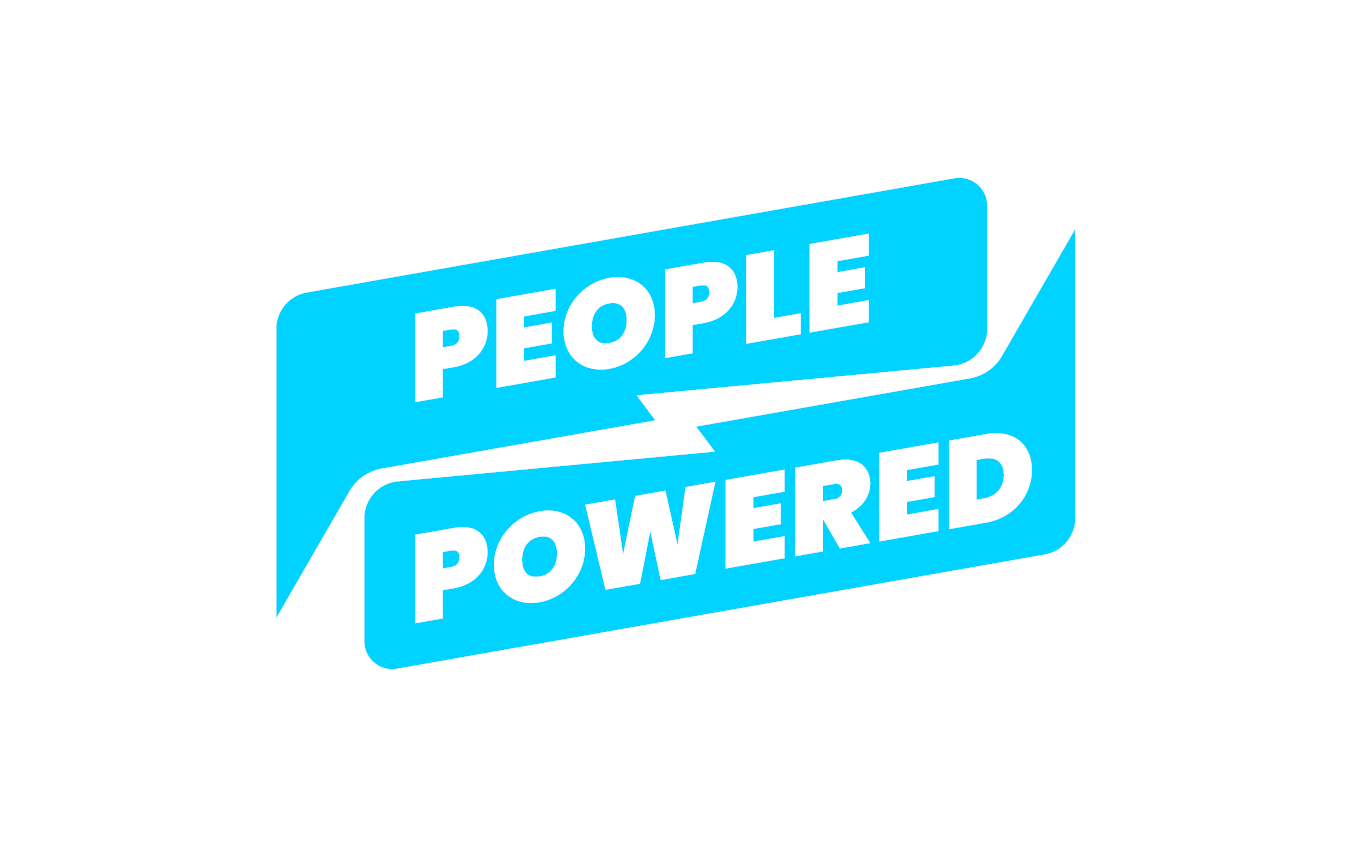Coalition Wins Porticus Grant to Use Participatory Democracy to Address Climate Change
/At COP26 in Glasgow, a growing number of countries and financial institutions pledged to shift away from coal toward cleaner sources of energy. But environmental groups and vulnerable nations remain skeptical. They have seen promises come and go before.
Public mobilization to push for action to mitigate and adapt to climate change has reached unprecedented levels. Yet most governments continue to fall far short of the commitments needed to tackle the climate emergency. When climate action is left to government officials to decide, it is constrained by short-term thinking, partisan divides, elite capture, and pressure from vested interests. We need more bottom-up decision-making on climate action.
Thanks to a grant from Porticus, a coalition of organizations is bringing together policymakers, civil society organizations, and residents to democratically decide on more equitable and effective climate actions. The coalition includes People Powered, the World Resources Institute (WRI), and FIMA (which promotes the right to live in a healthy environment and the protection of nature in Chile).
“Climate change affects us all, and it’s time for all of us to help decide how to address it. We know that it’s hard for governments to engage communities in decision-making in meaningful ways, especially for complicated issues like climate change. We’re excited to support this essential work by connecting government reformers with the resources, training, and support that will set them up for success,” says Josh Lerner, executive director of People Powered.
The coalition is undertaking several activities over the next two years:
A global analysis of the main participatory, deliberative, and direct-democracy tactics used by climate policy makers at the city and national levels, case studies for each, and the criteria for determining their success. This initiative will culminate in the publication of a report available to all.
An online compilation of the most practical resources available on participatory and deliberative processes for addressing climate change and just transitions.
A free, open-source, interactive, and user-tailored “playbook” to help governments, civil society organizations, and others choose and run their own process for public decision-making to address climate change and other social issues.
Training sessions and mentorship for governments and organizations seeking to use participatory processes for climate action.
“The ultimate beneficiaries of this project will be lower-income and otherwise disadvantaged groups who are usually excluded from government decision-making and are at higher risk of being left behind as climate change continues to wreak its damage, and cities and countries struggle to respond,” says Carole Excell, director of WRI’s Environmental Democracy Practice and a member of the People Powered board of directors. “A just transition to low-carbon and resilient development cannot be designed and advanced without true citizen engagement. We aim to address public demands for climate action, greater democracy, and social equity all together.”
Ezio Costa, executive director of FIMA, adds, “The only real way to peacefully overcome the climate and ecological crisis in which we live is to use democratic tools--especially deliberative democracy. We are in the beginning of an economic and social transition and we strongly believe it is not enough to stop the production of greenhouse gases. A just transition that incorporates a democratic framework is essential. Otherwise, the structures for the exploitation of nature and people will remain, and we will only move from this crisis to the next one.”
For more information contact:
People Powered: Josh Lerner at Josh@peoplepowered.org
WRI: Carole Excell at Carole.Excell@wri.org
FIMA: Ezio Costa at e.costa@fima.cl







